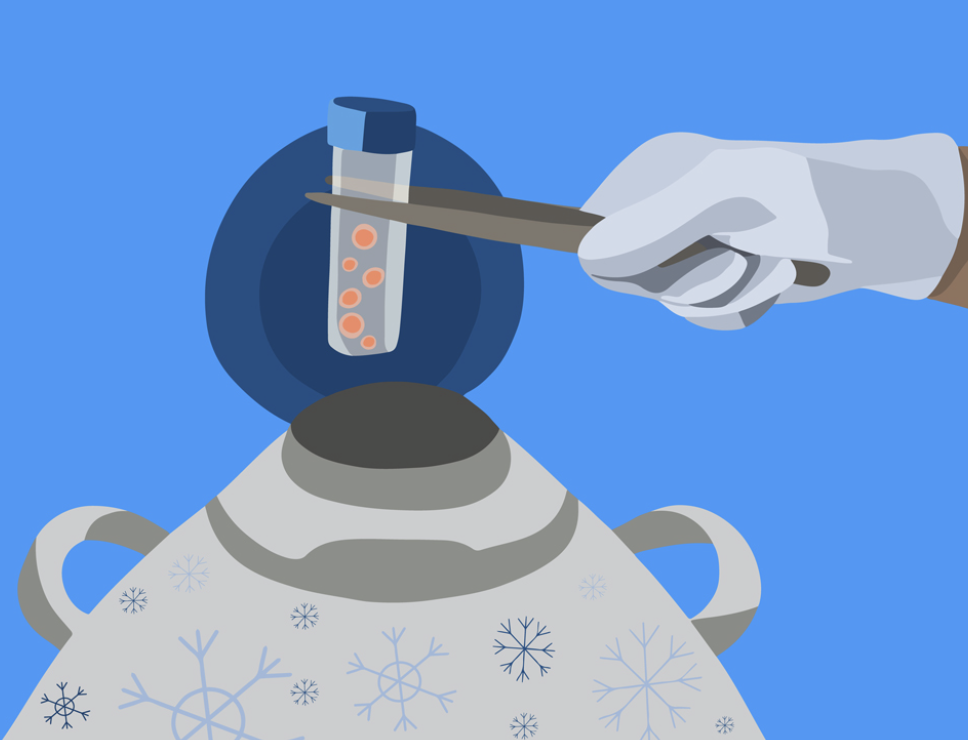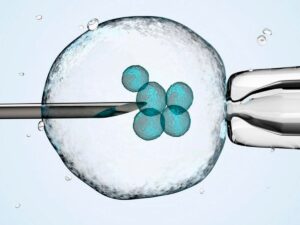Egg freezing, or oocyte cryopreservation, is becoming an increasingly popular choice for individuals looking to preserve their fertility. Whether driven by personal goals, career plans, or medical circumstances, egg freezing offers a practical solution to extend reproductive potential and gain more control over family planning decisions.
The process of egg freezing begins with ovarian stimulation, where hormone injections are used for 10–14 days to encourage the development of multiple eggs. Doctors closely monitor this phase through blood tests and ultrasounds to ensure optimal egg production. Once the eggs are mature, they are retrieved through a minimally invasive procedure called follicular aspiration, typically performed under light sedation. The retrieved eggs are then quickly frozen using a technique called vitrification, which prevents ice crystal formation and ensures high survival rates when the eggs are thawed in the future. These eggs are stored in liquid nitrogen and can remain viable for many years, offering a reliable long-term fertility preservation option.
Egg freezing is suitable for a wide range of individuals. Women undergoing medical treatments, particularly those such as chemotherapy that may affect fertility, are prime candidates. Freezing eggs before treatment offers a chance to preserve reproductive options for the future. Additionally, women in their 20s and early 30s benefit from higher-quality eggs, making this age range ideal for freezing with better success rates later in life. For those delaying parenthood due to career, education, or personal reasons, egg freezing provides a way to avoid the natural decline in fertility without immediate commitment to parenthood. Furthermore, individuals with a family history of early menopause may consider freezing their eggs early to secure their fertility before a significant drop in ovarian reserve occurs.
While the procedure offers hope and flexibility, it’s essential to consider costs and success rates. Egg freezing can be expensive and may not guarantee pregnancy, but it significantly increases the chance of conceiving later using one’s own younger, healthier eggs. Studies, including those published in Human Reproduction Update, confirm that vitrification is highly effective and has greatly improved the chances of successful pregnancies from frozen eggs.
In conclusion, egg freezing represents a smart, empowering option for those who want to take charge of their reproductive timeline. By understanding the process, identifying if you’re a good candidate, and consulting with fertility specialists, you can make informed choices that align with your personal and future family goals.











